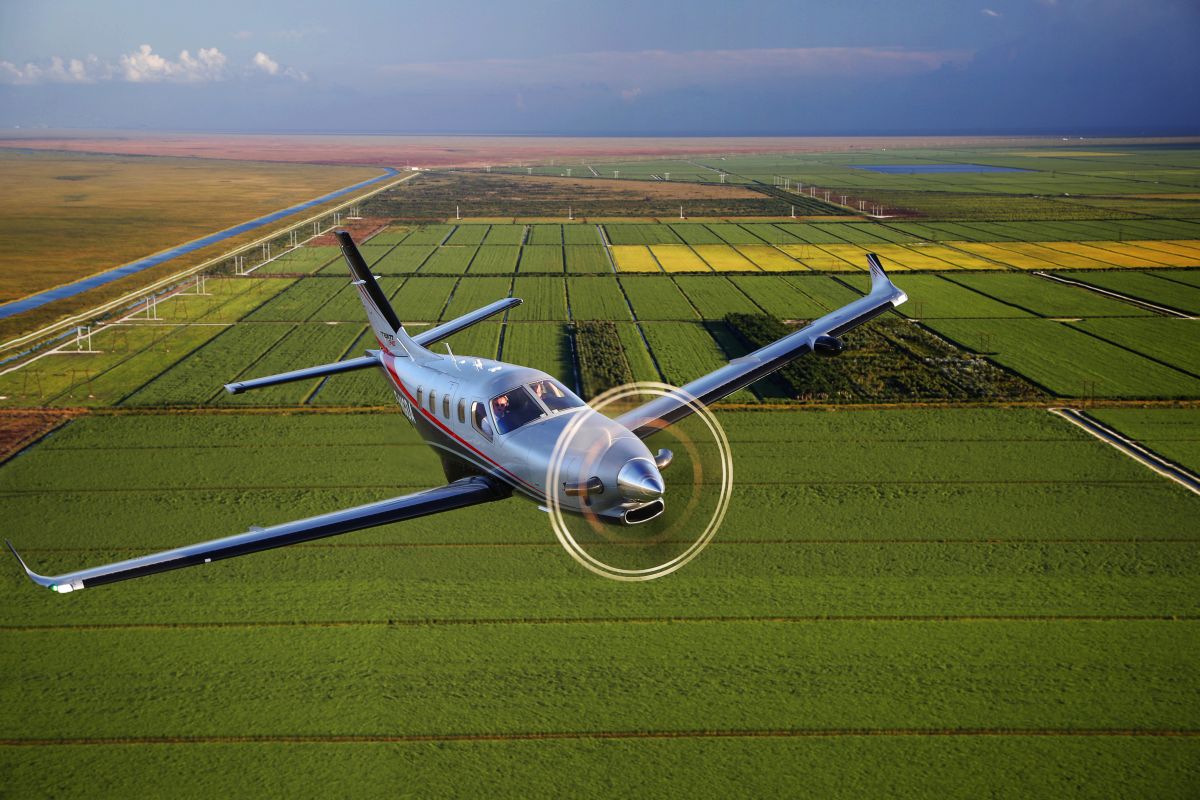How Much Cash Do I Need?
28th May 2021
By Adam Meredith

If you’re a first-time buyer of a piston aircraft, or stepping up from a piston to a turboprop, you may be wondering, “How much reserve cash do I really need to qualify for the loan?”
Determining how much cash a potential borrower needs on hand to finance an airplane is not as cut and dried as it is with automobile financing. When it comes to aircraft financing, it’s best to think of aircraft loans as individually tailored transactions, based on a variety of factors that influence cash reserve requirements.
Among these factors are: How much money is being borrowed? How does that figure relate to one’s overall net worth? What is the person’s financial “lifestyle”? How complex is the aircraft? What is the remaining useful life of its engine(s)? And what is the loan-to-value ratio?
In an ideal transaction, a lender may require only enough cash on hand to satisfy the down payment. In contrast, the lender may ask the borrower to provide evidence of liquidity to cover 24 months of global cash flow. For instance, a business owner wants to purchase an aged, high performance, complex piston twin with freshly overhauled engines. He has personal and business debt for which he’s responsible that totals $10,000 monthly. Depending upon his other financial obligations, the lender might require the business owner to have as much as $240,000 on hand.
That same business owner might wonder if the liquid assets of the business in which he has a stake can be used to satisfy the cash reserve requirements for the loan. Not without a guarantee from that business.
Other similar situations include:
- An individual whose liquid assets are held jointly with their spouse, but who is applying for a loan without the spouse. Some lenders might only consider half of those assets.
- Assets held in trust where the trust is legally incapable of guaranteeing on a loan will not be considered
Sometimes determining questions are intertwined. For example, a person buying a turboprop is probably seeking a larger loan than a person looking to finance a single engine, fixed gear piston. In this instance, the size of the loan, the loan-to-value, and the complexity of a turboprop aircraft will indicate a need for greater on hand cash reserves.
How about a person living in a $120,000 home that’s fully paid for versus one living in a five million-dollar home that’s fairly-well leveraged, both seeking to buy a ten-year old Cirrus SR/22? What might their individual cash reserve requirements look like? If the homeowner with 100% equity has sporadic income, the lender may require more on hand than the highly-leveraged homeowner who has a predictable, consistent monthly income stream.
And let’s be clear: “Cash” means liquid assets such as hard currency or marketable securities in your name, or in the name of the borrowers and/or guarantors. In certain situations retirement accounts could be considered liquid as well. “Cash” does not mean Bitcoin or other cryptocurrencies, furs, Rolex’s, collectible cars, baseball cards or other memorabilia.
All of this may seem pretty daunting. But a conversation with an AOPA Aviation Finance (AAF) adviser can help inspire confidence. Our assessment of your finances will give you a good understanding of how much in cash reserve a lender might require you to have. If you’re buying an aircraft for the first time, we know you’ve done a lot of research. We fill in the gaps and simplify the nuances. For folks transitioning from a non-pressurized, piston aircraft to a turboprop, AAF can offer clarity over the significantly greater reserve and cash flow requirements of turbine ownership.
Regardless of the aircraft type, an aircraft with engines closer to overhaul will increase cash requirements compared to an aircraft with freshly overhauled ones.
A discussion of your debt-to-income ratio will provide a reasonable idea of how much cash on hand a lender will expect you to have initially. If that ratio is on the low side, then the liquidity requirements will most likely be less stringent than those for a person with a higher ratio.
Great rates. Great terms. Helpful and responsive reps. Three good reasons to turn to AOPA Aviation Finance when you are buying an airplane. If you need a dependable source of financing with people who are on your side, just call 800.62.PLANE (75263) or click here to request a quote.

AOPA Finance Team
Knowledgeable and friendly aircraft finance professionals you can trust to find the best terms for your financing needs. Our goal is to make aircraft ownership more affordable and accessible to pilots.